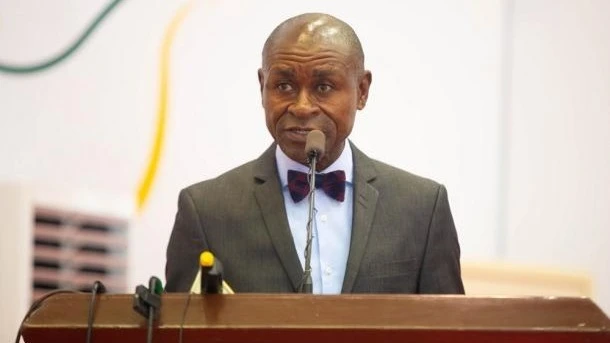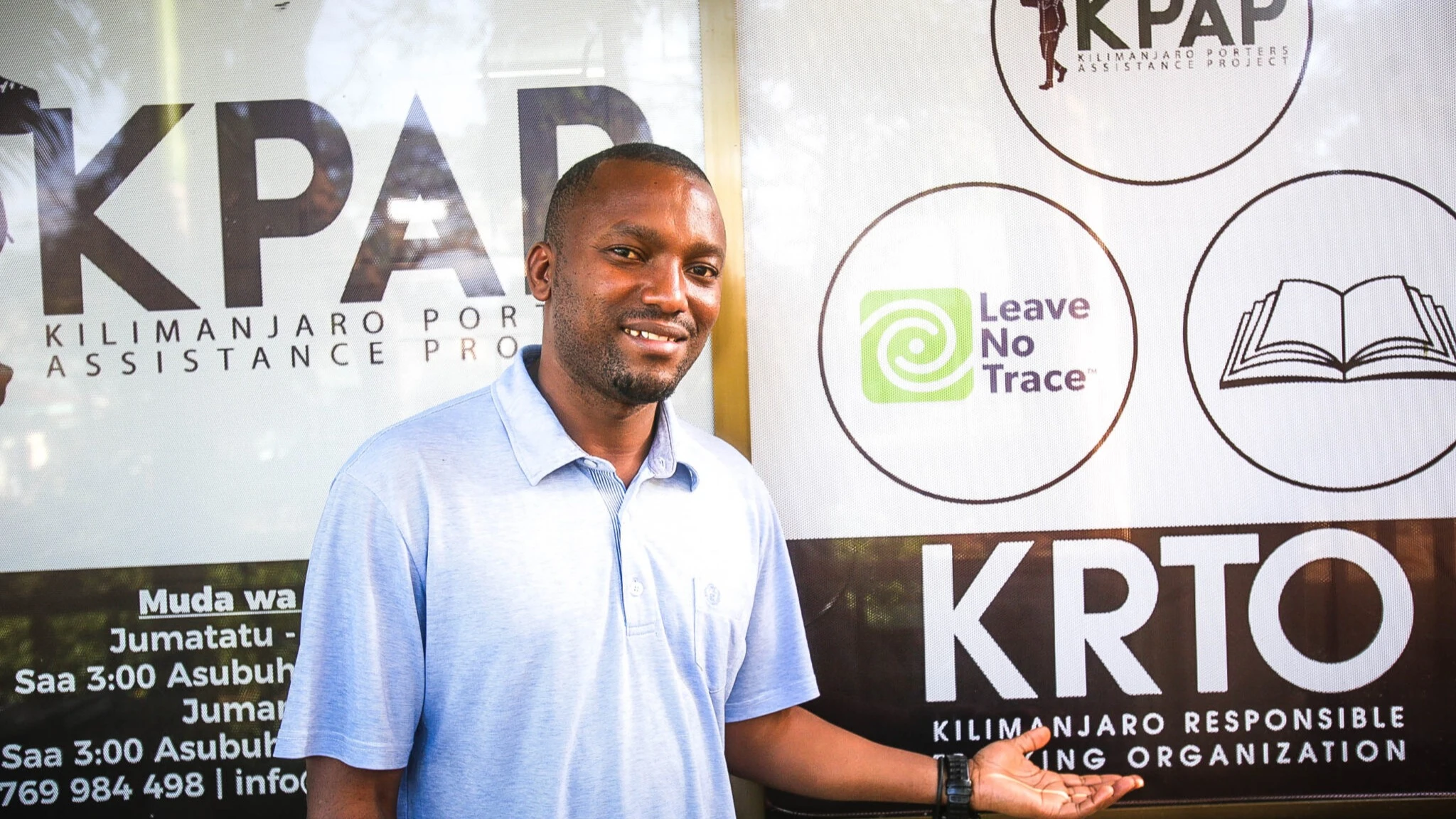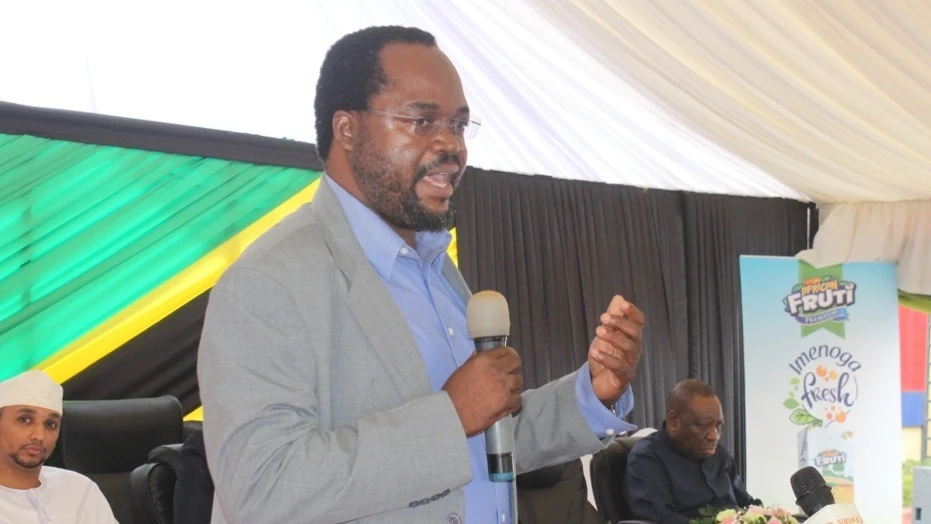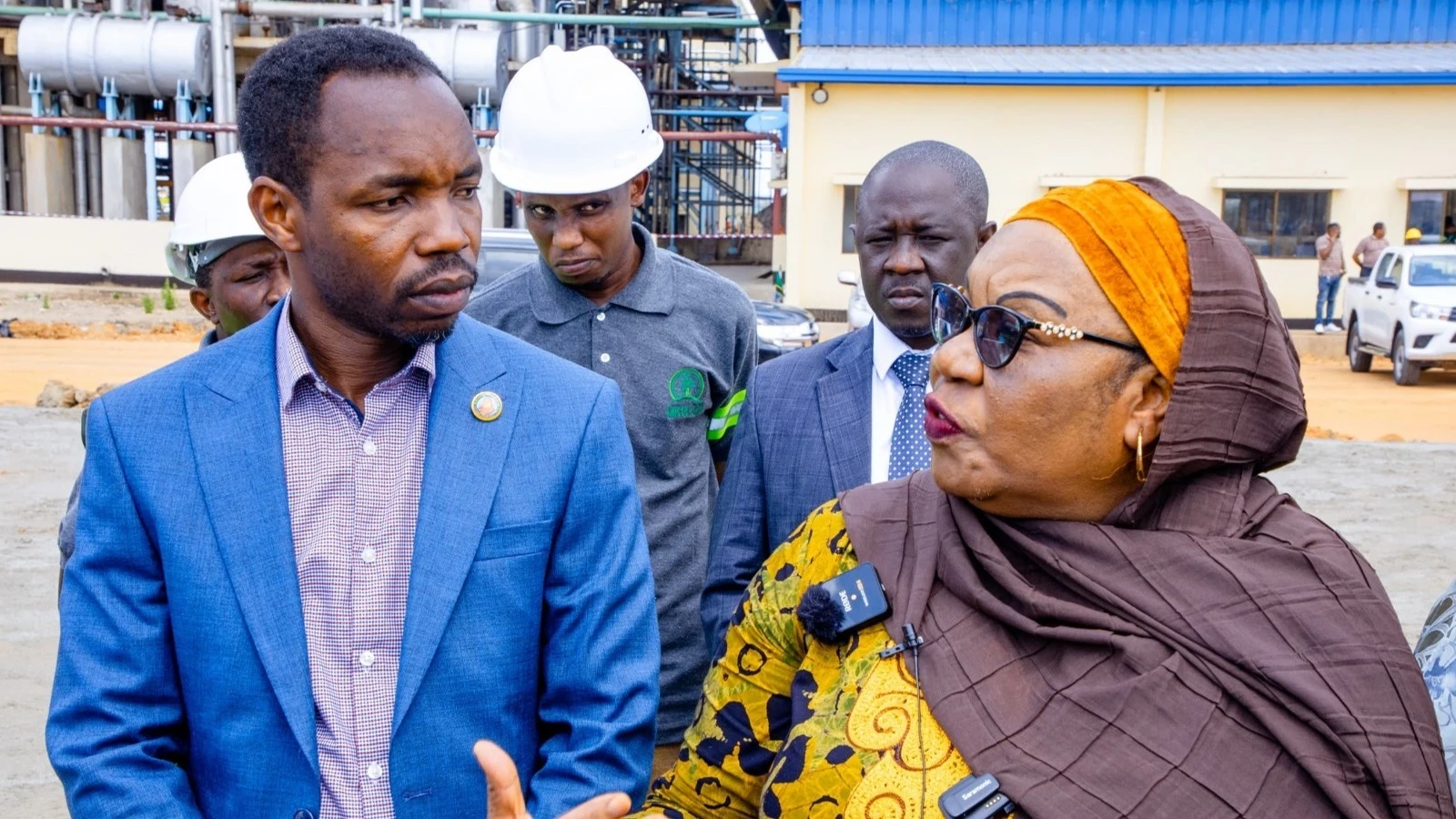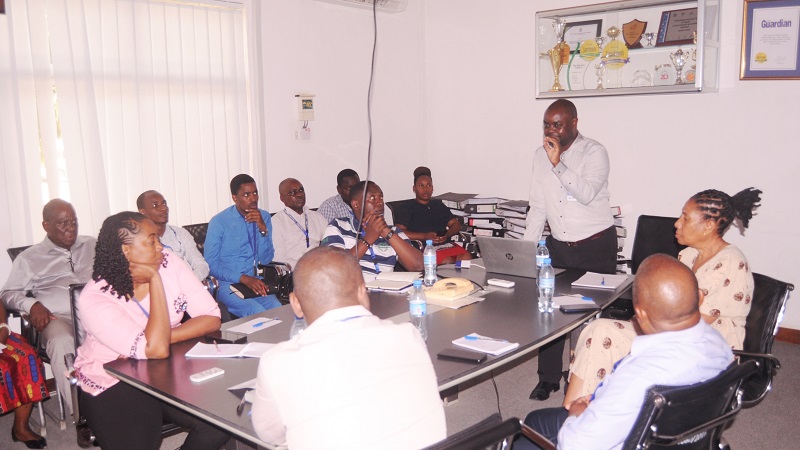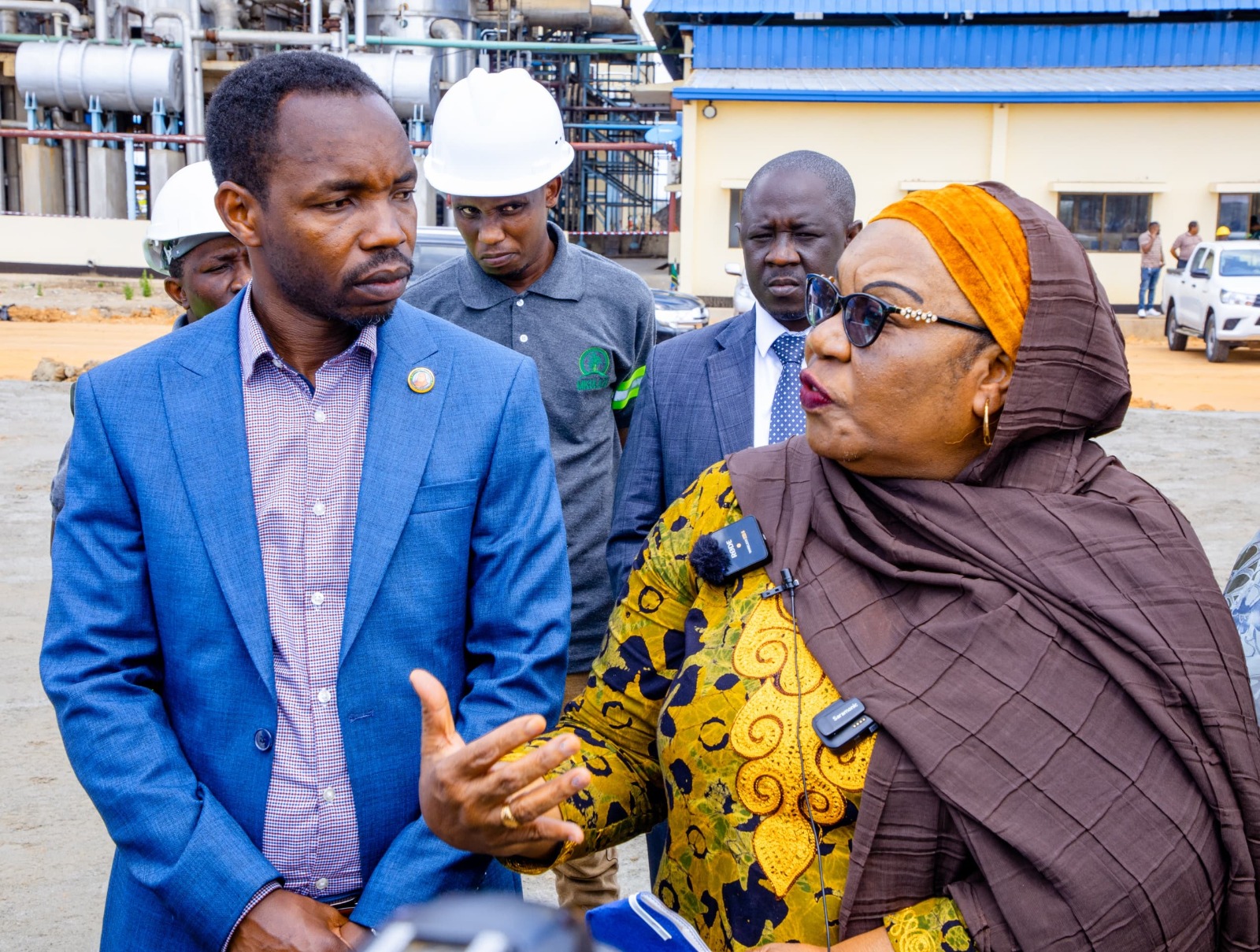BoT projects 5.4pc economic growth for 2024
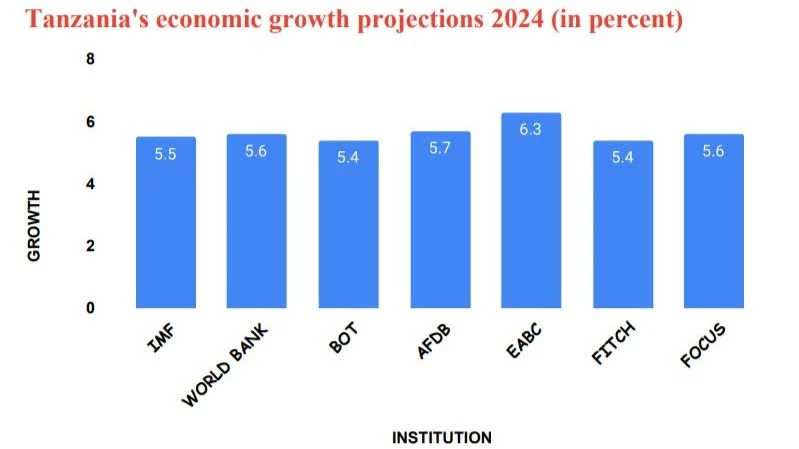
Tanzanian economic growth is projected to grow 5.4 percent during this year, fueled by ongoing reforms in creating conducive business environment, which continue to stimulate both private and public investments.
The Bank of Tanzania’s (BoT) recent assessment of the economy's performance based on high-frequency indicators for the second quarter of 2024 also shows continued strong economic growth.
“There is a high likelihood of attaining a growth projection of 5.4 percent for 2024. The performance is attributable to steady increases in public and private sector investment and growth of exports,” said BoT monthly Economic Review for August.
National accounts data released by the National Bureau of Statistics in August 2024 indicate the economy to have grown at 5.6 percent in the first quarter of 2024 compared with 5 percent in the corresponding period in 2023.
Construction, agriculture, and financial and insurance activities contributed the most to the growth outturn, according to BoT’s monthly review.
The fastest growing economic activities were financial and insurance, information and communication, and electricity.
“The structure of the economy remained virtually unchanged, dominated by agriculture, construction, and mining activities,” the central bank review says.
The projection is in the line with the African Development Bank (AfDB) which reported mid this year that the country’s real GDP growth is projected at 5.7 percent in 2024 and 6% 2025, driven by agriculture, manufacturing, and tourism and supported by public investments and reforms to improve the business environment.
Inflation is projected to decline to 3.3 percent in 2024 and 3.4 percent in 2025, helped by stability in food and energy prices, according to AfDB.
AfDB noted that the fiscal deficit, financed by domestic and external borrowing, is expected to decline to 2.5 percent of GDP in 2023/24 and stabilize at that level in 2024/25, supported by improvements in revenue performance.
The current account deficit, financed by external borrowing, is projected at 4.0 percent of GDP in 2024 and 4.2 percent in 2025, supported by merchandise exports and tourism receipts.
However, AfDB asserted that the major downside risks to the country’s growth outlook include spillovers from geopolitical tensions and regional conflicts, sluggish global growth, the narrow tax base, and climate shocks.
“Structural transformation in Tanzania has been slow and constrained by several challenges, including declining industrial productivity and competitiveness and shallow financial markets,” AfDB said.
Agriculture’s share in employment declined from 84.8 percent in the early 1990s to 65 percent in 2022, while industry’s share rose from 2.6 percent to 6.8 percent and services’ share rose from 12.6 percent to 29 percent.
Agriculture’s share in GDP dropped from 42 percent in the early 1990s to 26 percent in 2022. Manufacturing’s share in GDP has remained unchanged at around 8 percent since the mid-1990s, and its share in total exports has remained below 25 percent.
The slow pace of structural transformation is holding back labor productivity growth.
World Bank is also projected the country’s GDP to grow 5.6 percent in 2024, with the long-run potential of around 6 percent, supported by an improving business environment and ongoing structural reforms.
Supported by a promising macroeconomic outlook and an increased budget to unlock sectoral productivity in the agriculture sector, which employs three-quarters of people experiencing poverty, the poverty rate could decline in the medium term, according to the Bretton Woods institution.
“Despite this positive outlook, there are some external and domestic risks. The possibility of a global recession is the main external risk, while partial implementation of structural reforms, particularly those related to boosting the private sector, is the main domestic risk,” said World Bank.
“There is also the continuing risk of growth not translating into poverty reduction, which must be mitigated by implementing reforms toward inclusive growth, with a special focus on investing in agriculture productivity and human capital.”
On its part, the International Monetary Fund (IMF)said mid this year that the country’s economic growth is recovering from the impact of the unfavorable global economic environment and domestic factors.
Growth is expected to continue strengthening, supported by improvements in the business environment and subsiding global commodity prices. Inflation is projected to remain within the central bank’s target range.
“Growth-friendly fiscal consolidation is underway, anchored by the ECF arrangement, and the current account deficit is narrowing reflecting fiscal consolidation, easing commodity prices, and tight external financing conditions,” said IMF in its June statement.
“The medium-term outlook is positive contingent on implementation of the authorities’ reform agenda, anchored by the ECF arrangement. Climate change poses a major threat, as Tanzania is highly vulnerable but not well-prepared to address the effects of climate change.”
Following the Executive Board discussion, the statement said, Bo Li, Deputy Managing Director and Acting Chair, said: “Tanzania’s performance under the reform program supported by the Extended Credit Facility (ECF) has been strong. The program focuses on strengthening the economic recovery, preserving macroeconomic stability, and supporting sustainable and inclusive growth. The authorities’ strong commitment to their reform agenda will remain important amid downside risks. “
He said the ongoing growth-friendly fiscal consolidation will help buttress fiscal and debt sustainability.
However, he said efforts should be geared toward enhancing domestic revenue mobilization and strengthening cash management and commitment controls.
“Strengthening public financial and investment management will help contain fiscal risks and improve the efficiency of public investment. Closing gaps in Tanzania’s human and social development will require prioritizing social spending,” he said.
Top Headlines
© 2024 IPPMEDIA.COM. ALL RIGHTS RESERVED












